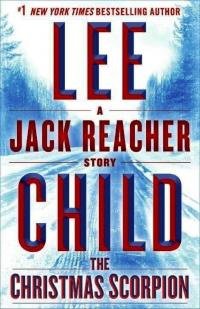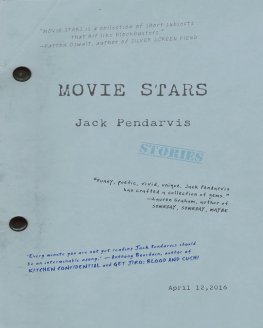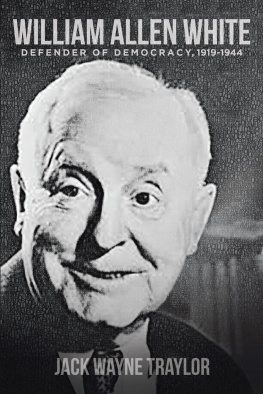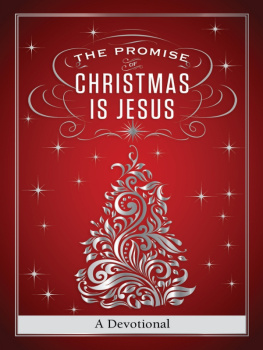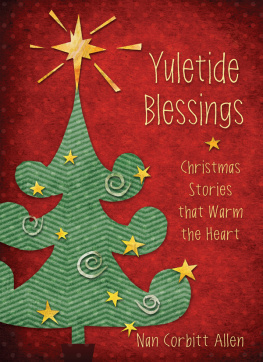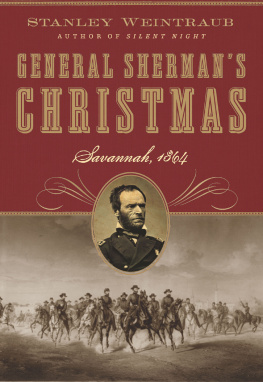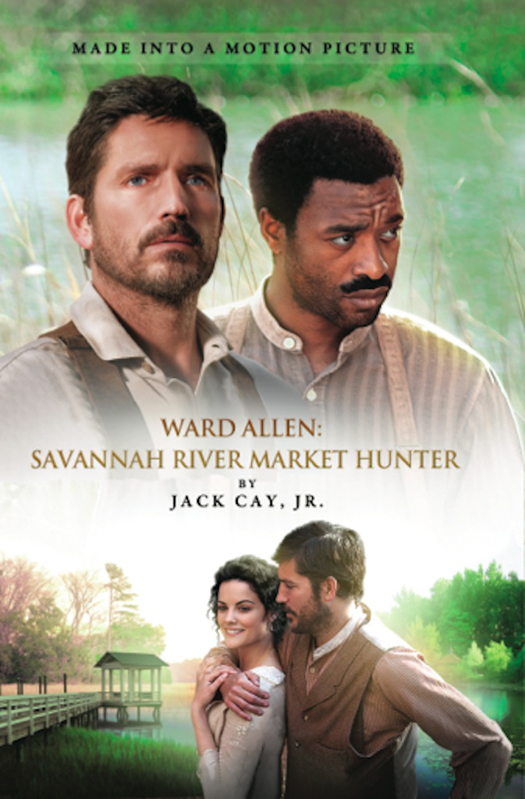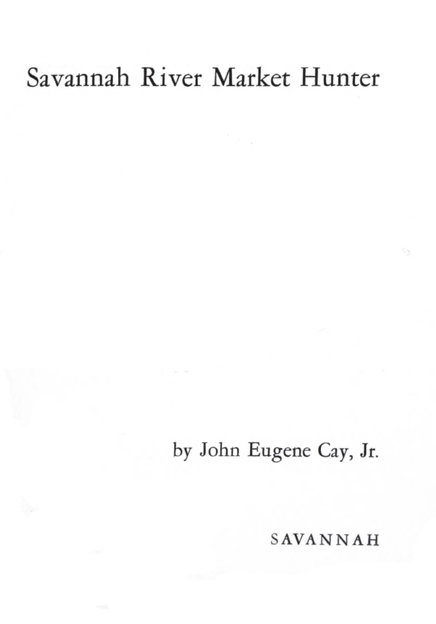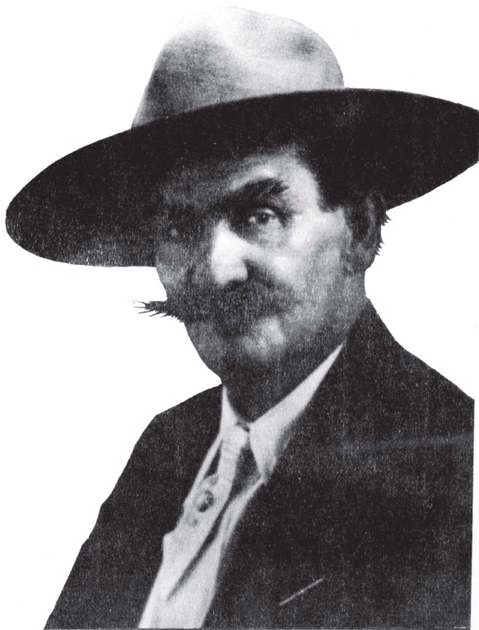Published by John Cay
Copyright 2014 John Cay
All rights reserved.
No part of this book may be reproduced, stored in a retrieval system, or transmitted by any means, electronic, mechanical, photocopying, recording, or otherwise, without written permission from the copyright holder.
Distributed by Greenleaf Book Group LLC.
For ordering information or special discounts for bulk purchases, please contact Greenleaf Book Group LLC at PO Box 91869, Austin, TX 78709, 512.891.6100.
Ebook ISBN: 978-0-9914525-1-4
Ebook Edition
Contents
Foreword
Christmas Moultrie could not have written the following but there is no question that the tale could have been told better by Christmas. He knew Ward Allen better than any other person that lived and although one to the manor born and the other born in slavery, they were kindred spirits. Neither one ever worked for wages. They hunted together for days, even weeks, at a time. Both spent their adult lives market hunting the Savannah river. Alike in stature, disposition and outlook on life, both were definitely characters, one black, the other white.
Christmas Moultrie lived in a small frame cottage on Mulberry Grove Plantation, the plantation on which he was born a slave on Christmas Day 1863. As a young man I hunted with Christmas, visited him often, and through him learned of Ward Allen. The most prominent object in Christmas two room cottage was a picture above the fireplace of Ward Allen, showing Ward, his Chesapeake Bay Retrievers, his over-sized gun and a large string of ducks. After a day on the river, Christmas would sit barefooted and crosslegged on the floor before the fireplace gazing up at the impressive figure of Ward and with deliberate slowness talk of his white friend. As if the heat of the fire were warming him to his subject he would regale me with stories of Ward Allen, incredible tales of the outdoors told with a charm and color that only an aged negro can accomplish.
Yassuh, Mistah Jock, he would start, Mistah Wawd was a gentlemun and a mahan too. He talked good as Mistah Gawdon,not to seem important. It was a setting where such a tale should be told.
Hit wuz doin da freez in 28 wan me an Mistah Wawd seed the ducks usin by da millions in Red Knoll. Da ice killed dawn all da covah sept a patch by da cunal in numba 14 square. Mistah Wawd say we hang in da cunal by dat patch all nite kuz we mak too much racket gettin dere in da mawning. Gawd, Mistah Jock, it be cole that nite in dat boat. Mistah Wawd aint brung no lantern but he brung de likka, he slep lak he daid but dis here nigger he froz. Da duck dey talk and dey feed all nite but Christmas he just froz. Fo day Mistah Wawd he stir and he move, but Christmas he cain move, he froz but de duck dey be dere by de tousands. Mistah Wawd he riz up and he pint to me. Christmas he too cole but he deavor to git ready. Everything wuk on Christmas but he hawnd. Dey dun friz up stif. Den Christmas he done pee on he hawn to wam em. All uf er suden we riz up shap lak and ker-powie, ker-powie and Mistah Jock I swear fo Gawd we pick up 78 daid duck.
Christmas told me that story many times and it was always the same, never 77 ducks nor 79 ducks, always 78. Occasionally I would question Christmas on his veracity. There was a day he was telling me about all the wood duck he and Mistah Wawd were killing in August. I asked, Christmas didnt you know that the Law was out on wood duck at that time? And surprised he replied, Lawsy Mistah Jock da gator and da garfish dey aint know no season, how cum Christmas got to know about da season?
Certainly the best known and oft told tale about Christmas concerns his appearance before Judge Barrett in the Federal District Court for game violations. Christmas was caught on the Savannah River returning to Mulberry Grove with four summer duck in his possession. Judge Gordon Saussy represented Christmas and entered a plea of nolo contendere. Christmas obviously did not understand the plea but dutifully took his white friends advice. The game warden testified that he overtook Christmas on the Savannah River and upon inspecting Christmas boat found that he had in his possession four summer duck. After the wardens testimony, Judge Barrett looked down upon the colorful character of Christmas and said, Christmas, you knew it was against the Law to shoot summer duck.
Yassah Boss, replied Christmas.
The Judge continued, Christmas, according to the wardens testimony he overtook you in the Governments power launch. Is that correct?
Yassah, Boss.
He testifies that you had in your possession four summer duck. Is that correct?
Yassah, Boss.
Why then, Christmas, didnt you dispose of the ducks?
Wassat mean Boss?
Well Christmas, what I mean is when you saw the warden coming, why didnt you throw away the summer duck?
Whereupon Christmas looked Judge Barrett in the eye and replied, Boss Man, you mus aint never et summer duck.
The Judge reached for his gavel, pounded the desk and announced to the CourtCase Dismissed.
What follows was inspired by Christmas and is dedicated to him. The subject is worthy of the inspiration no matter how the effort fails.
Christmas had reference to the late Judge Gordon Saussy, a Savannah Mayor and later Ordinary of Chatham County.
Ward Allen
Savannah River Market Hunter
Ward Allen was born in Savannah on August 8th, 1856, at the corner of Liberty and Drayton Streets. He was the eldest son of a prominent and well-to-do family. His mother was a Hull. His father was in the mercantile business in Savannah and he assisted Wards grandfather in running a large cotton plantation seven miles outside of Augusta, Georgia, known as Allens Station. At the outbreak of the War Between the States the entire family was moved to this plantation.
There was an old-fashioned frame house in the midst of a setting of tremendous trees with numerous auxiliary buildings and slave quarters stretching to the rear. Thus Ward Allen at an early age was subjected to the fields and the woods which were to have such a lasting effect on his life. He spent endless hours hunting as a youngster. The earliest impression of him was his fondness for the outdoors.
The Allen family was apparently not as hard hit by the ravages of the Civil War and the Reconstruction as were many Southern families. They were able to hold on to the family plantation, and shortly after the war, sent Ward to college. His father was very anxious for him to become a lawyer and he went to St. Johns College in Maryland. Ward was third in his class of 156 students at the end of his junior year when he returned to Allens Station for the summer.
The exact facts surrounding Wards difficulties that summer are not known but he stated in later years that he had gotten into a shooting frolic with a Carpetbagger in Augusta and killed the son-of-bitch in self defense. In view of these unfortunate circumstances, Wards father sent him abroad where he entered Edinburg University in Edinburg, Scotland. He traveled on the continent widely and often told afterwards of his experiences.
Trouble seemed to be following Ward, for he was jailed by the Russian police in Moscow. This arrest followed an altercation with a Russian barber. Ward, as he told it later, fell asleep in the barbers chair, the Russian barber removed the handle-bar mustache of which Ward was so proud. Upon awakening and finding himself without his prized possession, he reduced the barbershop to a shamble and might have had another murder charge on his hands had not the Russian Police arrived. U. S. Ambassador to Czarist Russia at that time was John Ward and it was through his intervention that Ward was released from jail and sent back to England to finish his studies.


